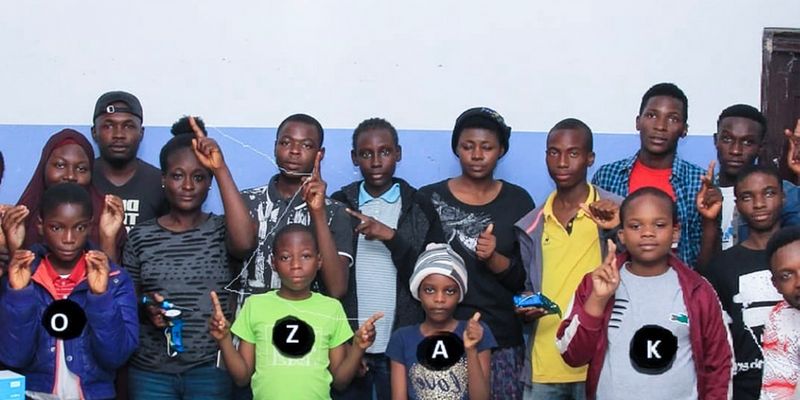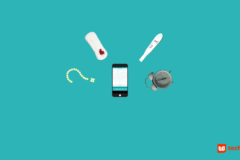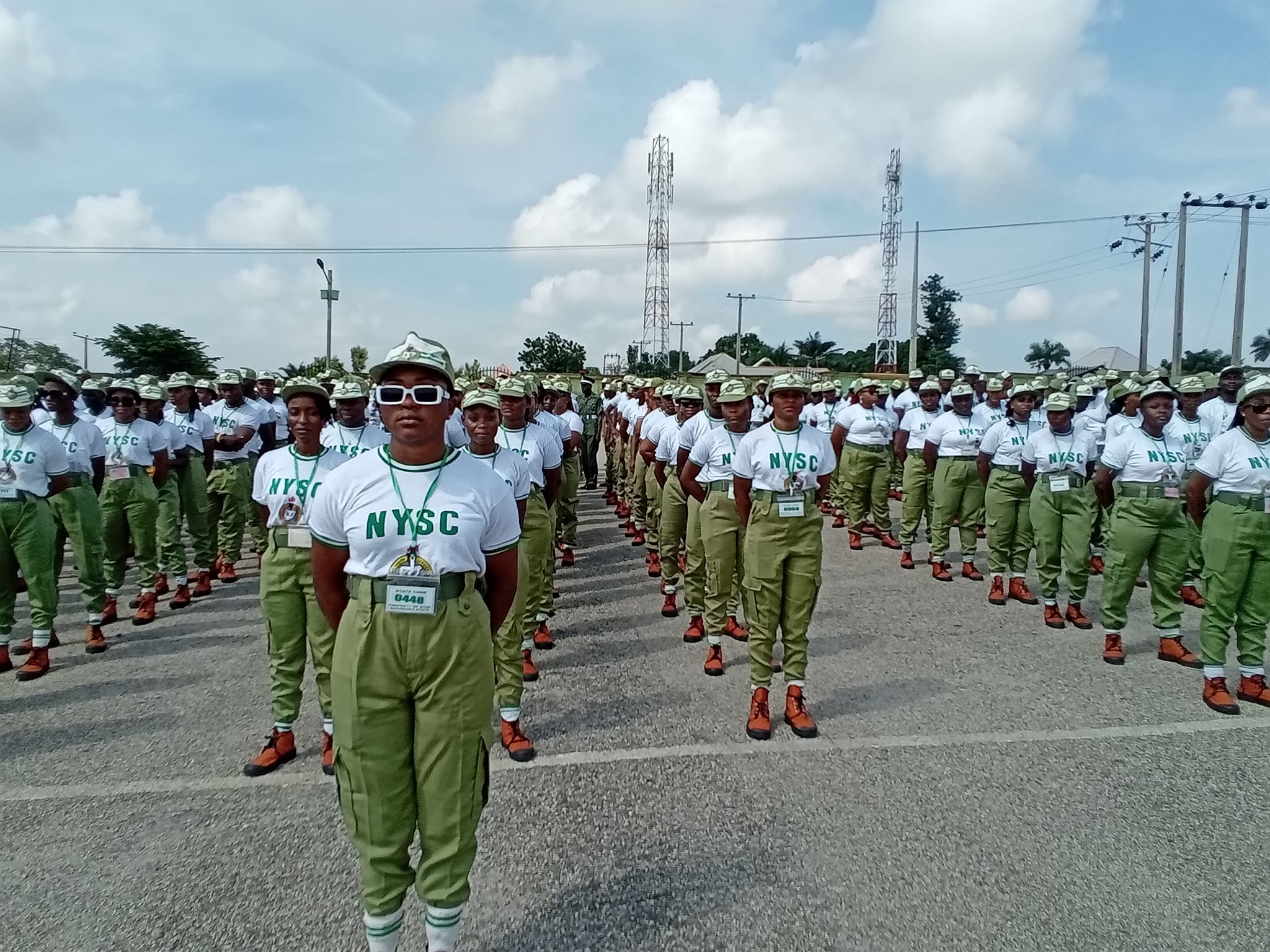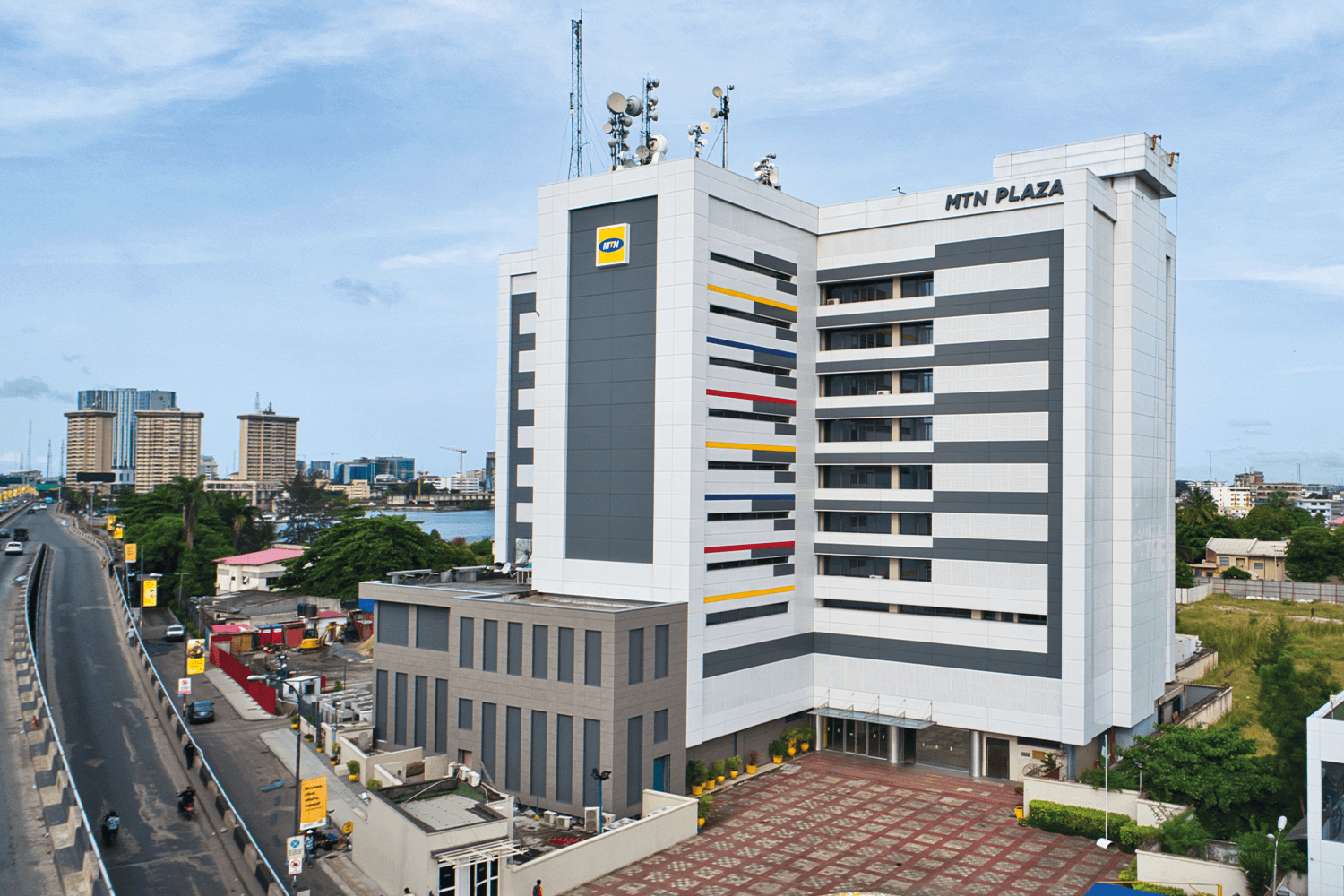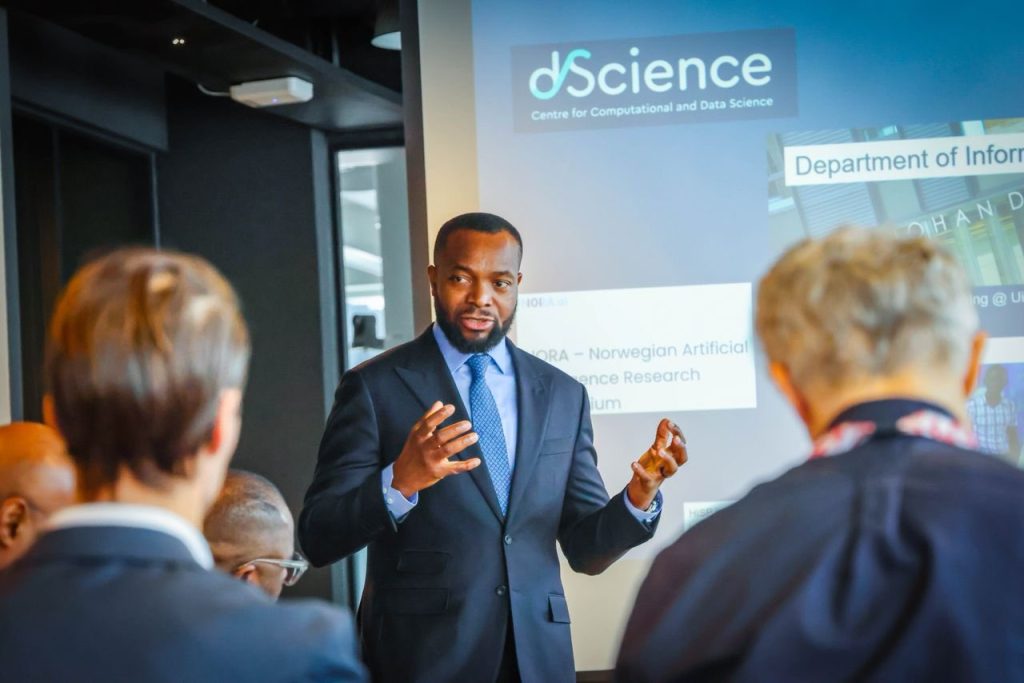This article was contributed to TechCabal by Victor Eyike via bird story agency.
When Amina Isa walked into her classroom to mingle with her new classmates after relocating to a new town, she found herself completely isolated. Born with a hearing impediment and unable to speak, Isa communicated using sign language. No-one in the class of 40 knew what she was saying.
Of the 25.5 million Nigerians living with disabilities, according to the United Nations, some 9.5 million are deaf. In many rural and isolated communities across Africa, families, governments, even religious institutions continue to contribute to deaf marginalisation through negligence, lack of support, exclusion, and discrimination.
Isa had relocated to the town with her parents and hoped to find a school with suitable learning conditions. Despite promises, it soon became clear to the young student that the school had no facilities at all, to help her overcome her disability.
Experiences like Isa’s is why Wuni Bitrus and Pantong Dashwet set about building a suitable medium of learning for persons with hearing disabilities, in their local community in Jos, Plateau State, in 2017.
The pair started Deaf Technology Foundation to provide digital skills training, in programming and robotics, for deaf children aged 5-12 years.
“Persons with hearing disabilities are heavily neglected. Especially in Northern Nigeria. We came up with this idea to teach programming to deaf kids in northern Nigeria. We reached out to families with such cases and the response was overwhelming,” Bitrus explained of their early endeavour.
The founders started small with just a computer on which they used to teach 10-20 students the basics of computer programming. Today, the group has successfully empowered over 1600 deaf children with programming skills.
The students are coached on functioning in a digital and information-driven world, applying digital and ICT skills and successful living in a rapidly-changing and transforming society.
Beneficiaries are able to develop their own tools. Students Mercy Grimah and Mercy Kure developed an automatic hand-sanitising dispenser thanks to their robotics training, while other outcomes have included animation, healthcare applications, games, autonomous robots and smart homes gadgets.
“I have been able to develop some amazing projects with robotics. It’s amazing what they are doing for deaf kids. Most of us don’t have funds to sponsor our education. They have taught us to excel in programming competitions and added value to us in the labor space,” Grimah said, using sign language.
Taught to be articulate when signing, the students also get to engage in extra curricular activities such as basketball and other sports, in addition to their programming training.
Bitrus and Dashwet also organise the annual “Week of Code” event at a special needs school in Plateau State. During the week, students are introduced to programming and internet technology (IT) and given the opportunity to learn and collaborate with students from other schools.
“Our vision is to build an ecosystem of software developers ages 9 -12, empowering them to lead productive lives. The mission is to catch them young and empower them with the tools and skills to participate in the digital economy,” Bitrus explained.
The operation has grown faster than expected.
“Lack of funding is always a major problem we encounter. We have a huge volume of students but lack computers and other technical accessories to aid their learning,” Bitrus said.
The duo’s organisation is not slowing down, however. They have managed to recruit volunteer teachers who mentor the students in programming and robotics.
Next, they hope to get other NGOs on board and expand to other states in Nigeria with a mission to create an inclusive learning environment that gives deaf students equal access to quality education.
That includes providing interpreters, captioning and other visual aids and fostering a culture of respect and understanding in the classroom, to reduce discrimination and encourage inclusion.
These are key requirements for learning establishments. But for now Bitrus and Dashwet are taking things one step at a time, hoping to ensure that in the future, learners like Isa don’t experience the kind of trauma she did, on her first day of school.
Have you got your tickets to TechCabal’s Moonshot Conference? Click here to do so now!










